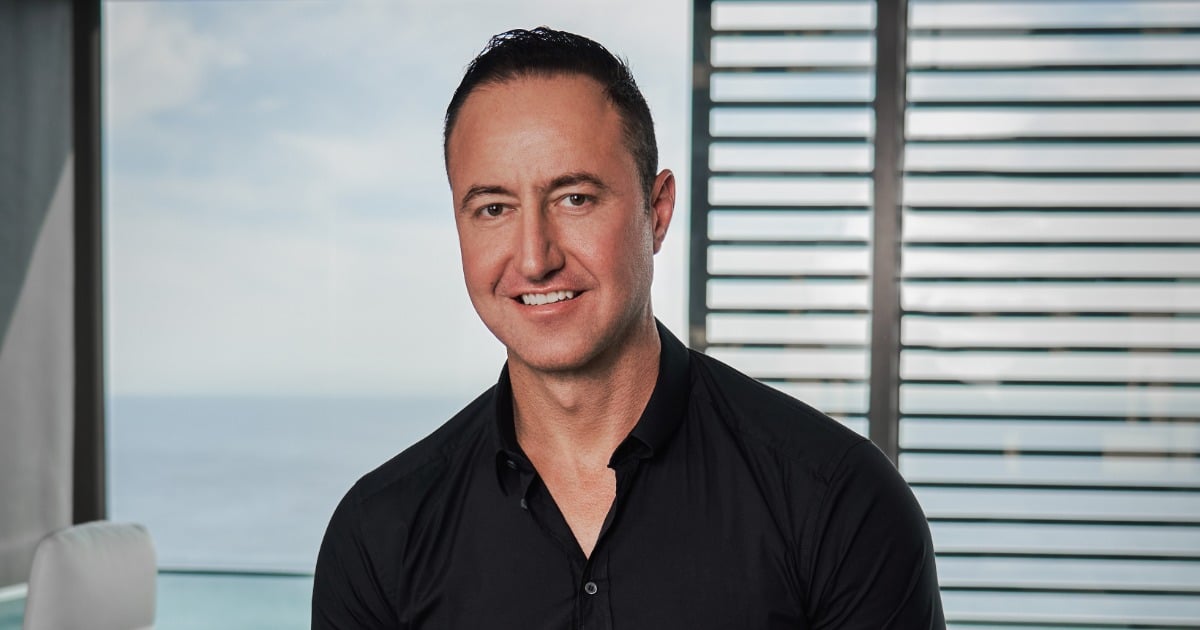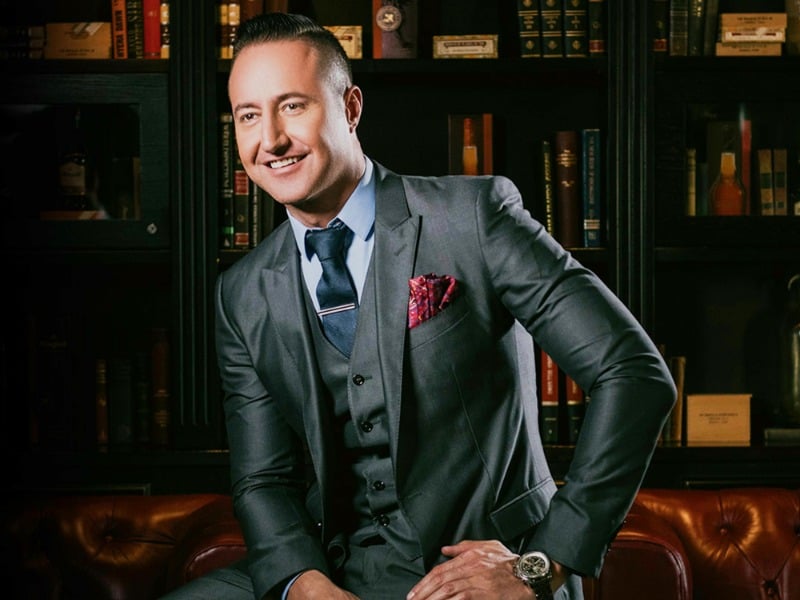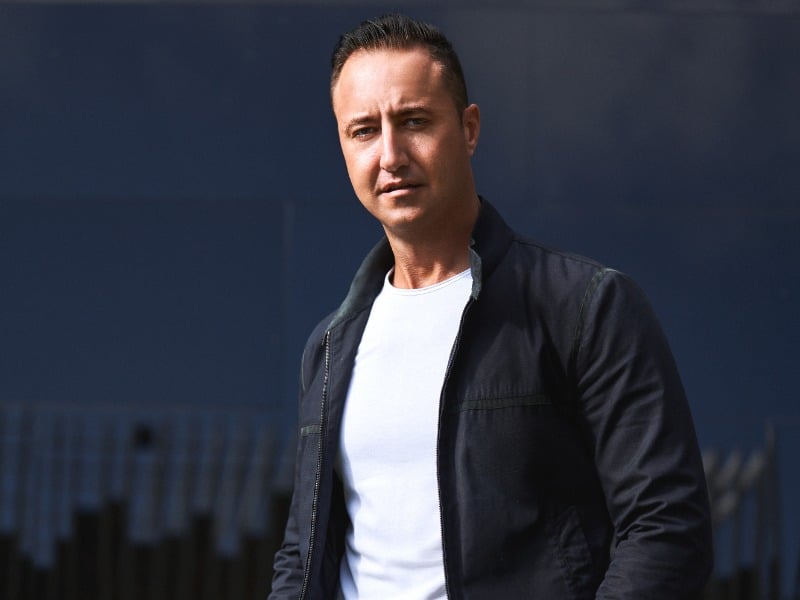He had a multinational business by the time he was 21 - Meet Quinton van der Burgh
We find out what Quinton has learnt from investing in different sectors, why sustainability is important to him and more.

By Koketso Mamabolo
By the time he was 21, Quinton van der Burgh had already formed Voda-Tella International, which was in the business of supplying and distributing telecommunications sources and devices. The company would go on to expand into 12 countries.
“London was my biggest success as a startup in my career,” says Quinton. The rapid growth led to issues, eventually bringing him back to South Africa to restart his career. And what a restart it’s been. He now boasts an investment portfolio of over 48 companies, which are “under direct management and are spread over diverse sectors.”
“While it was tough initially to get started in the mining sector, I grew to become one of the largest private miners in the country ─ through a lot of hard work and obviously hustling through the system of making things happen.”
Here we find what he’s learnt from investing in different sectors, why sustainability is important to him and more.

How were you able to create a multinational business at such a young age?
I have had a lot of businesses and many successes. But by the age of 26 years old, I was running over 12 companies and I was stretched, this led to me having a massive issue with cash flow. I didn’t come from a family of money or trust funds so I had the goal of making it bigger and better and ensuring I never got back to that point again.
I had to stand on my own two feet every time I hit a roadblock or a problem in my career to ensure I overcame them.
Why did you invest in so many different industries?
If it’s something that inspires me and will make me grow in any form, then it has my interest which is why I have invested in so many industries including marketing, mergers, business development, telecommunications, import/export, tech, industrial property development, trading and mining industries.
I strongly believe in the encouragement and recognition of those who are loyal and dedicated to the same beliefs, mission, and vision as I’m dedicated to.
What did you learn from investing in those different industries?
Investing relates to achieving a common goal with various parties. The art of investing in varying industries is ensuring everyones thoughts, ambitions and goals are aligned. No investment opportunity is ever wasted, sometimes it works out and you achieve great success but other times you fail however you’ve most likely learnt valuable lessons along the way.
.jpg)
Why did you choose to focus on commodities?
Q Global Commodities has expanded its commodity portfolio to include vanadium, iron ore magnetite, copper, lithium, nickel and gold. We have a very extensive coal portfolio which is now developing into a very extensive metals portfolio.
We have partnered with various companies over the last three years, including Marula Mining and African Nickel, and we are developing these assets as they are strategic as to where global markets are headed.
Why is sustainability important to you and how have you woven it into your business?
We place great emphasis on the principle of environmental sustainability. We have and will continue to contribute to the sustainable transformation of the mining industry and the communities involved. Including the direction into future metals for energy and solar projects
We are therefore consistent in the stabilisation and restoration of all disturbed areas as soon as practically possible to ensure the beneficial use of the mined areas for generations to come.
The wellbeing of our communities surrounding our mines is always of paramount importance to us, we make sure to upskill our community members and provide better infrastructure such as access to clean drinking water. Through mining we have been able to identify problems in distressed areas and this has given me the ability to fund and develop these areas. Through my Foundation, we distribute 2 500 food parcels to the communities in the Optimum area every three months and plan to continue to do this for the foreseeable future.
We are also actively helping areas and thousands of people gain access to clean drinking water through Generosity Water. Globally we have built and donated over 500 wells and recently completed our 13th South African well at the Sol Plaatje Primary School in Mahikeng. Education is key for our future and students shouldn’t be worrying about access to water, they should be worrying about what they want to become and what they want to achieve in life.
Other CSI projects include the building of development centres focusing on providing individuals with skills they will need to go out into the workplace and to better their lives. We have many other projects planned for the future to uplift our communities.

What trends have you noticed in the mining industry and how have you adapted?
The mining industry is continuously evolving and demands adaptability to keep up with various trends. As we are predominantly supplying into the export market, we are subjected to fluctuations in export prices, exchange rates, port capacities, constraints in the supply chain and logistics costs driven primarily by diesel rates. We work through continuous improvement programmes in our group, in which we regularly review operational and financial trends, market conditions and constraints and adapt our business model to remain efficient.
Our group has also been largely focused on coal assets to date, however with the rising demand for technological minerals, we have expanded our operations to include copper, lithium, nickel, graphite and other critical minerals to ensure our long term sustainability and stake our presence in the green energy production fields.
What advice would you give to young entrepreneurs?
Go after everything that you are passionate about but most importantly take as many risks as possible. Taking risks will get you places.
The worst case scenario is that you end up back at home with your parents or friends but you are young, you have nothing to lose so you can try again.
What’s the biggest challenge you’ve faced as an entrepreneur and how did you overcome it?
I’m faced with various challenges on a daily basis, but I have always dealt with them with a level-head and a positive mindset. Learn to adapt quickly, learn to read people and their energy, become a strategist by reading five moves and months ahead.
What books would you recommend to the business community?
I’d recommend “Leaders Eat Last” by Simon Sinek; “The Mamba Mentality” by Kobe Bryant as well as “The Psychology of Money” by Morgan Housel.
Enjoy your complimentary copy of the 12th edition of Top 500:


.svg)











